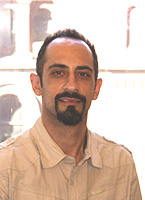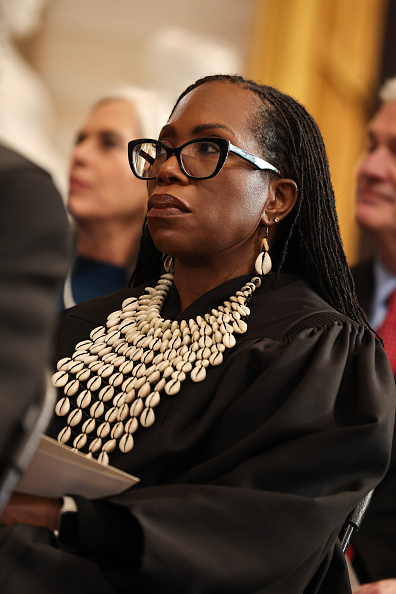Meet Darius Charney, the stop-and-frisk lawyer inspired by his students

Image from Center for
Constitutional Rights.
Reflecting on the recent stop-and-frisk decision that his organization, the Center for Constitutional Rights, has been fighting for, Darius Charney looked beyond the 14 years the CCR has been challenging the practices in New York.
Before he went to law school, Charney, 40, was a special education teacher in New Orleans, according to a report by the Am Law Daily.
It wasn’t law school, but Charney’s legal career began in the halls of the Ninth Ward’s George Washington Carver High School, where the California native was teaching low-income students with learning disabilities, the Am Law Daily recounts.
Thinking at first that his career choice would allow him to help improve public education in urban neighborhoods, Charney says he instead ran up against “huge structural issues” involving students who’d had interactions with the criminal justice system.
“I remember that several of my students were in the [juvenile court system] and that impacted their ability to participate in scholastic sports and led to them not finishing school or not getting a job,” Charney is quoted saying. “I saw how the criminal justice system was really hindering and frustrating my students’ ability to be successful educationally. I wanted to work on making the education system more equitable and leveling the playing field. I couldn’t really do it as a teacher, so I saw the law as a way to do it.”
Charney returned to California where he earned his law degree from UC Berkeley School of Law. He later worked as an associate at a law firm, clerked for U.S. District Judge Deborah Batts in Manhattan, then spent two years doing civil rights work at Lansner & Kubitschek.
He joined CCR’s racial justice and misconduct group in 2008.
Charney’s comments came last week as he discussed his reaction to U.S. District Judge Shira Scheindlin’s ruling that the New York City’s stop-and-frisk practices violate the Fourth and Fourteenth Amendments.
Last updated at 12:50 p.m. Tuesday to correct the spelling of Lansner & Kubitschek.
Write a letter to the editor, share a story tip or update, or report an error.


